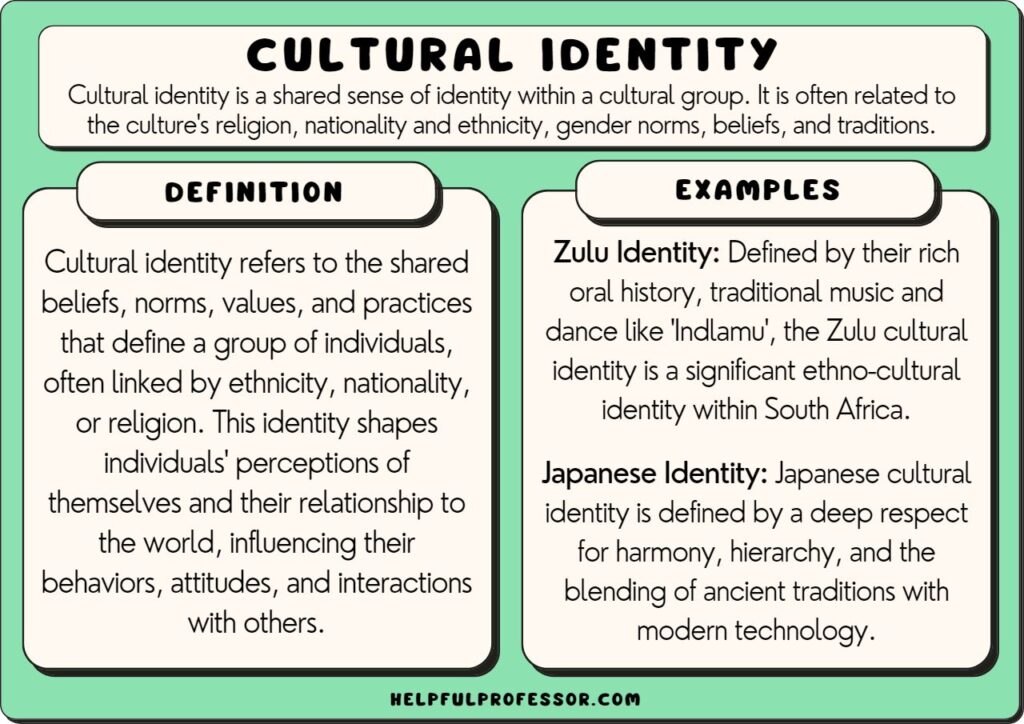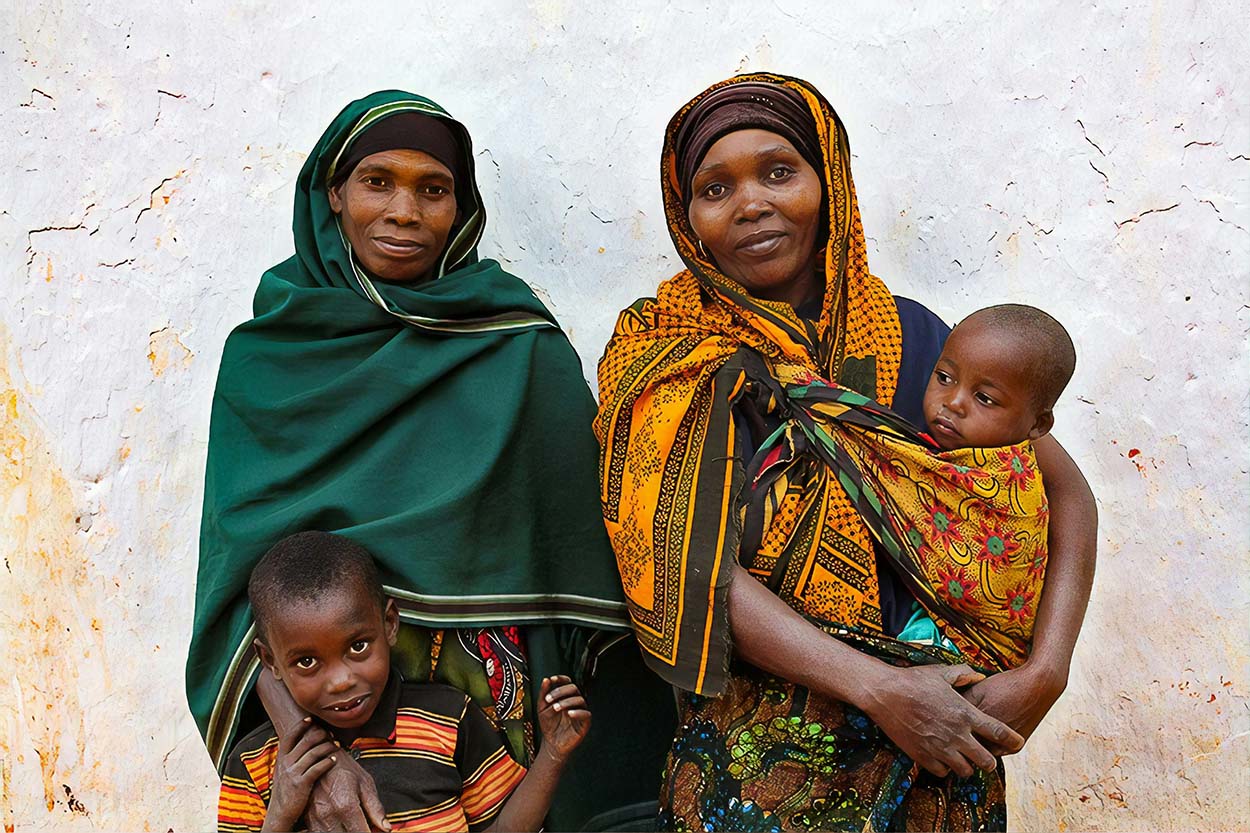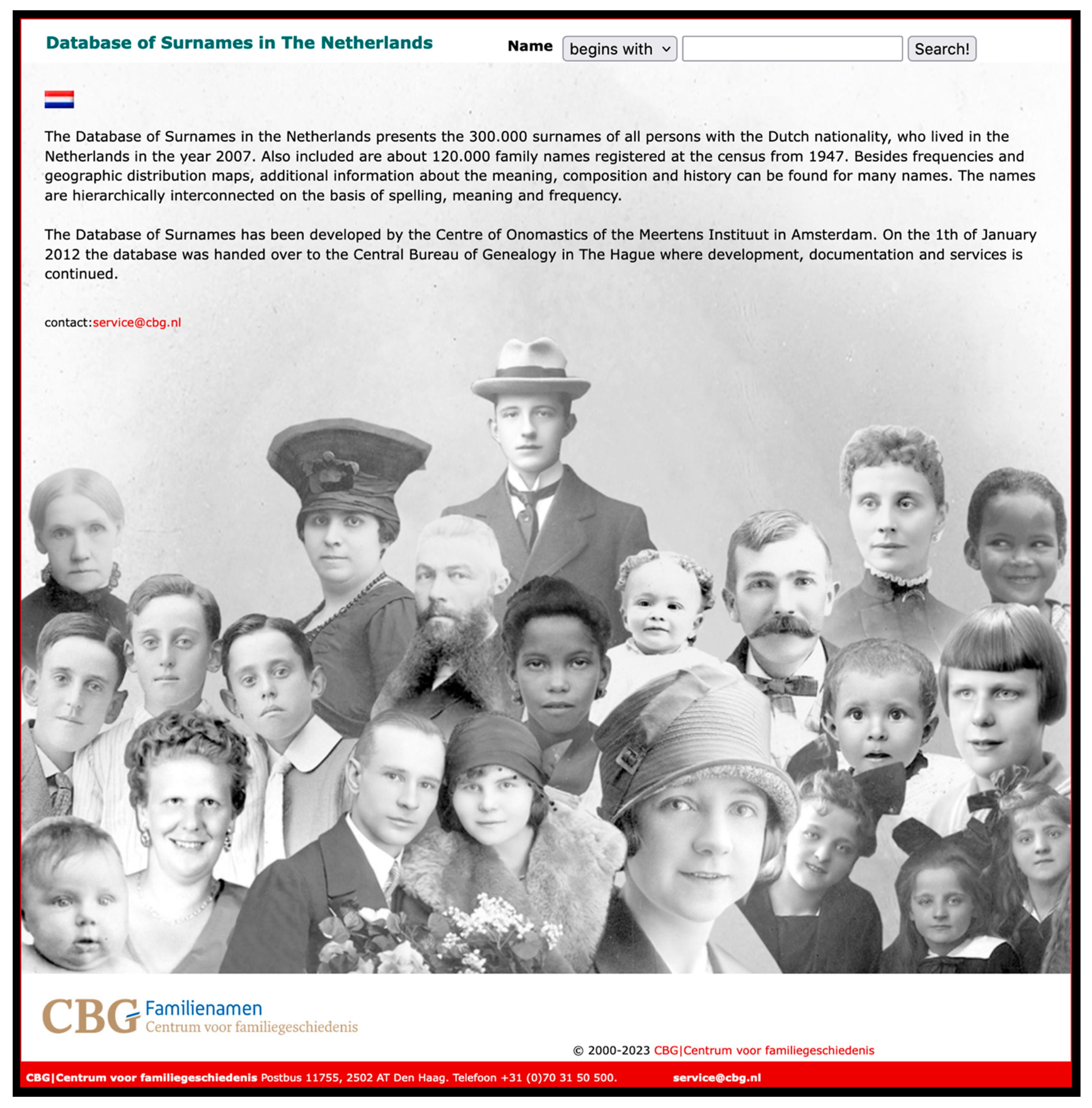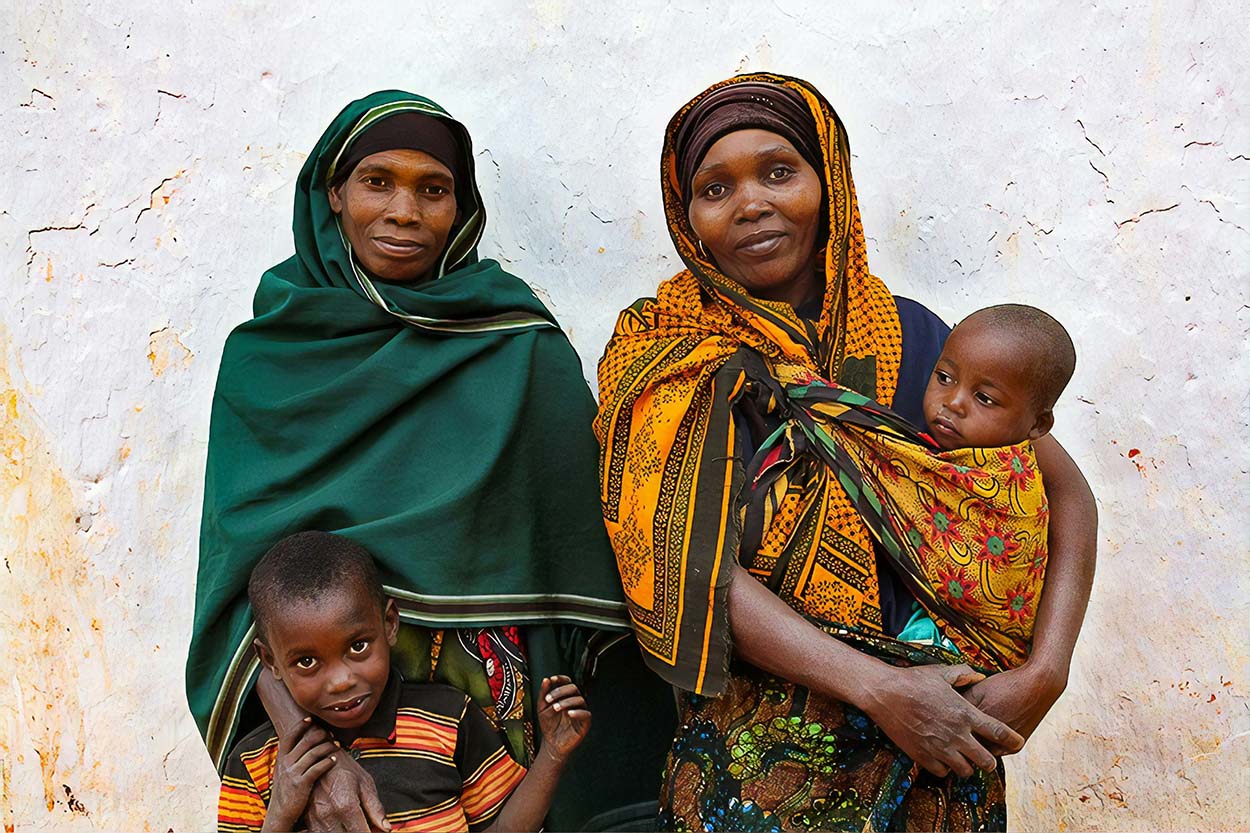At Remin.site, we believe that death is not the end; it’s a powerful bridge to legacy. And in that legacy, one of the strongest threads that holds our story together is our surname—our name. More than just a label, it’s a vessel for identity, belonging, and ancestral memory. Whether passed down through generations or chosen anew, names carry the essence of who we are and where we come from.

Understanding the Significance of Surnames
Your surname isn’t just something you sign on a form—it’s a piece of history. It’s a whispered echo of ancestors, of migration paths, occupations, places of origin, and sometimes of the resistance they carried in their names.
The Historical Origins of Surnames
Surnames first arose out of necessity. As populations grew, people needed more than a first name to distinguish themselves. In medieval Europe, a baker might become John Baker, while in China, names often reflected philosophical values or clan lineage.
Ancient Civilizations and the Emergence of Family Names
In ancient China, the use of family names goes back over 3,000 years, codified in texts like the “Hundred Family Surnames.” Meanwhile, in Rome, the tria nomina system gave individuals three names to reflect their identity, family, and lineage.

Surnames in Western vs. Eastern Cultures
- Western cultures often adopted surnames based on occupation (Smith, Miller), location (Hill, Brooks), or paternal lineage (Johnson, Thompson).
- Eastern cultures such as Korean and Japanese naming conventions traditionally placed the family name first, emphasizing the importance of the group over the individual.
“A name is not just a word, it is a repository of memories, dreams, and survival.” — Anonymous
How Naming Conventions Reflect Cultural Identity
Naming conventions are an intimate reflection of the society and era in which we live. They show what a culture values: family structure, religion, ancestry, and sometimes resistance to colonial powers.
Naming as a Symbol of Ethnicity and Belonging
Names often carry ethnic markers that affirm one’s identity and origin. For example, suffixes like “-ova” in Russian female surnames or “-sen” in Scandinavian ones indicate family roles or regional identity. Even today, names continue to serve as visible (and audible) symbols of one’s heritage.
Matrilineal and Patrilineal Systems
In many cultures, patrilineal systems dominate, where surnames pass from father to child. But some Indigenous groups, like the Minangkabau in Indonesia, follow matrilineal systems, empowering lineage through the mother. This subtle difference speaks volumes about gender roles and societal structure.
Religious and Tribal Influences
Religion also deeply influences naming. In the Islamic tradition, names like “Abdullah” (servant of God) are spiritually significant. Jewish naming often honors deceased relatives, preserving legacy. And tribal names in Africa may represent the story of birth, circumstances, or ancestral praise.
Global Variations in Naming Practices

Asian Naming Systems: Respect and Hierarchy
In East Asian cultures like China, Korea, and Vietnam, surnames come first—before the given name—to reflect the primacy of family and community over the self. Hierarchy, respect, and ancestry are embedded in the very order of one’s full name.
African Naming Traditions: Storytelling and Identity
In African cultures, names often tell a story. A child may be named based on the day of the week they were born (as in Ghanaian Akan culture) or the conditions of birth. It’s not just a name; it’s a narrative.
Western Naming Trends: Flexibility and Modern Shifts
In contrast, Western naming practices are increasingly flexible. It’s now common for couples to hyphenate names, blend surnames, or even create new ones altogether. Legal name change services are more accessible than ever, reflecting a society that values self-definition and autonomy.

Surnames and the Preservation of Heritage
Your name is a living archive. When you pass it down, you pass along the silent stories of love, sacrifice, migration, and triumph. At Remin.site, we know that remembering names is a sacred act—one that keeps heritage alive.
Name Changes Due to Migration and Colonization
As people moved across borders—whether by choice or force—names were often adapted or erased. Ellis Island, for example, became infamous for altering immigrant surnames. Colonized nations also saw traditional names overwritten by imperial ones, eroding indigenous identity in the process.
Legal Name Changes and Cultural Assimilation
Today, changing your name can be an act of empowerment—or necessity. Immigrants may adopt local names to fit in, while others reclaim ancestral ones to resist assimilation. Platforms like EZ Name Change offer a bridge between identity and legality, supporting people through transitions of self-definition.
Challenges and Controversies in Modern Naming
In our ever-evolving world, naming conventions are being reexamined, questioned, and reclaimed. While surnames once served primarily to locate us within a family or tribe, today they can be symbols of protest, inclusion, or deeply personal reinvention.
Gender Norms and Nonbinary Naming Rights
Traditional surnames often follow gendered expectations—particularly in patrilineal systems. However, nonbinary and transgender individuals are increasingly seeking the right to choose names that reflect their authentic selves. The act of renaming becomes not just personal, but political.
This shift has sparked broader conversations about:
- The legality of name changes for gender identity recognition
- The role of government systems in validating self-chosen names
- The emotional weight of reclaiming one’s narrative through naming
Organizations advocating for LGBTQ+ rights have pushed for reforms that ensure name changes are accessible, affordable, and affirming.
Decolonizing Naming Conventions
For communities historically subjected to colonization, reclaiming ancestral names is a vital step in healing and asserting cultural identity. This can include:
- Dropping colonial surnames in favor of indigenous ones
- Restoring traditional naming structures suppressed by outside rule
- Creating hybrid names that honor both past and present identities
“To speak my name as it was meant to be spoken is to remember who I was before I was renamed.” — Anonymous
At Remin.site, we believe in preserving and honoring these choices. Each name, whether passed down or newly embraced, deserves space in the story of memory and meaning we safeguard for future generations.
Conclusion: Why Names Still Matter
In a world that’s constantly changing, names remain anchors. They carry us backward to our origins and forward to the legacies we hope to leave. Whether etched into the pages of history or stored digitally on platforms like Remin.site, they matter.
Reclaiming Identity Through Naming
To choose a name, or to preserve one, is to actively participate in the story of who you are. It’s about resisting erasure and reclaiming what history may have tried to hide. At Remin, your name is not just data—it’s your essence, safeguarded forever.
Cultural Continuity in a Globalized World
Globalization may blur borders, but names help us stay rooted. As families spread across continents and generations grow distant from ancestral lands, surnames and naming traditions act as threads that hold together the tapestry of culture, love, and identity.

Frequently Asked Questions (FAQ)
1. Why do surnames matter in today’s digital age?
Despite our increasingly digital and global lives, surnames remain a key component of personal and cultural identity. They connect us to our family, our heritage, and our shared human story. Platforms like Remin.site help preserve these names for generations to come.
2. Can I legally change my name to reflect my cultural identity?
Yes. Many countries allow legal name changes to reflect cultural, religious, or gender identity. For guidance, check services like EZ Name Change for the process in your region.
3. What’s the impact of colonialism on surnames?
Colonial powers often imposed new naming systems, erasing indigenous ones. Today, many individuals and communities are reclaiming traditional names as a form of resistance and cultural revival.
4. How do naming conventions differ across cultures?
While Western cultures often use patrilineal surnames, Eastern and African traditions emphasize ancestry, birth circumstances, or social structure. Learn more from sources like the Helpful Professor guide to cultural identity.
Preserve Your Name. Preserve Your Legacy.
Every name is a story. And at Remin.site, we are committed to helping you tell it—clearly, beautifully, and forever. Because death is not the end; it is the beginning of your legacy.
Join us in preserving your identity for future generations. Your name is more than a word. It’s a memory that deserves to be remembered.
